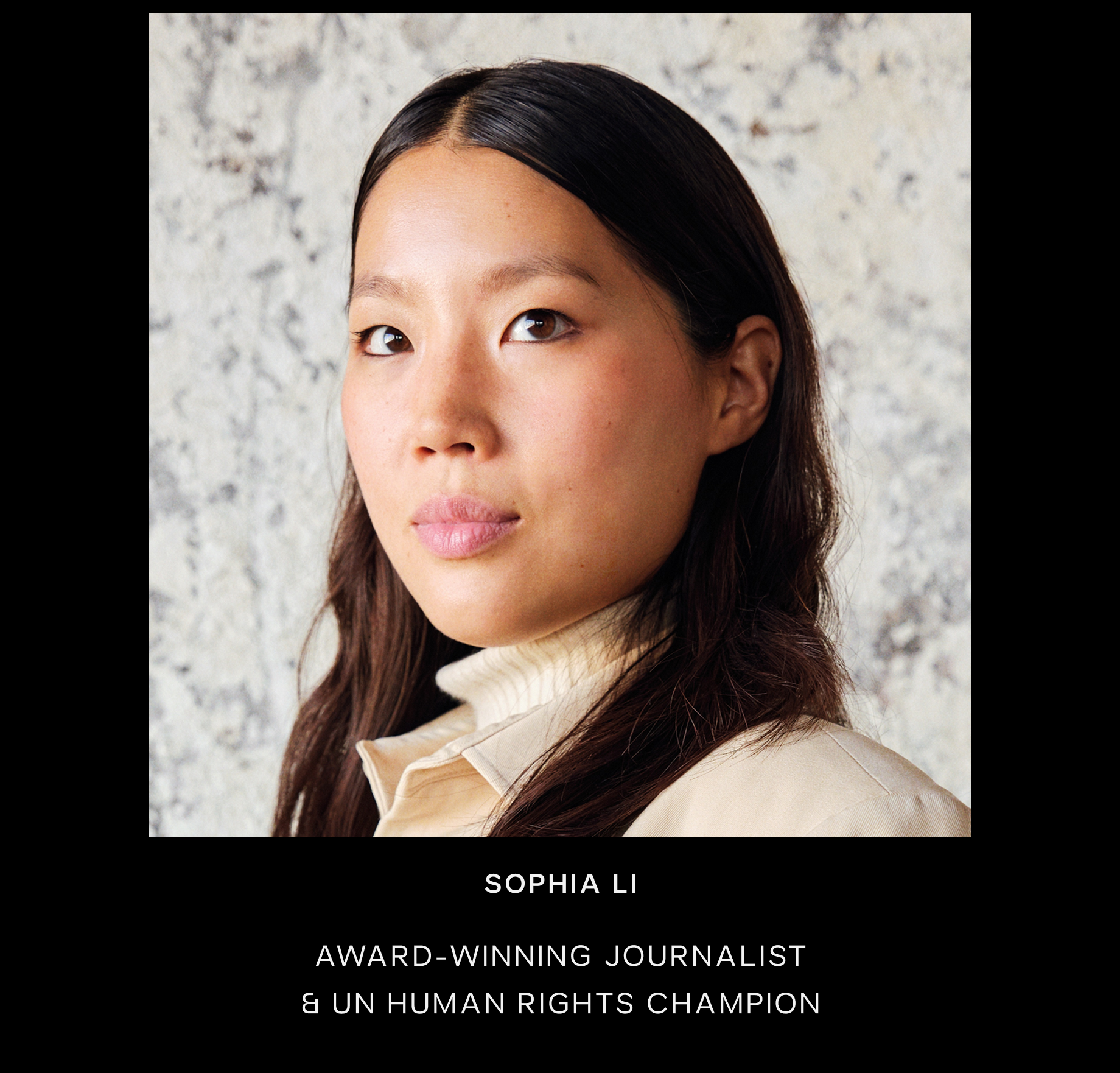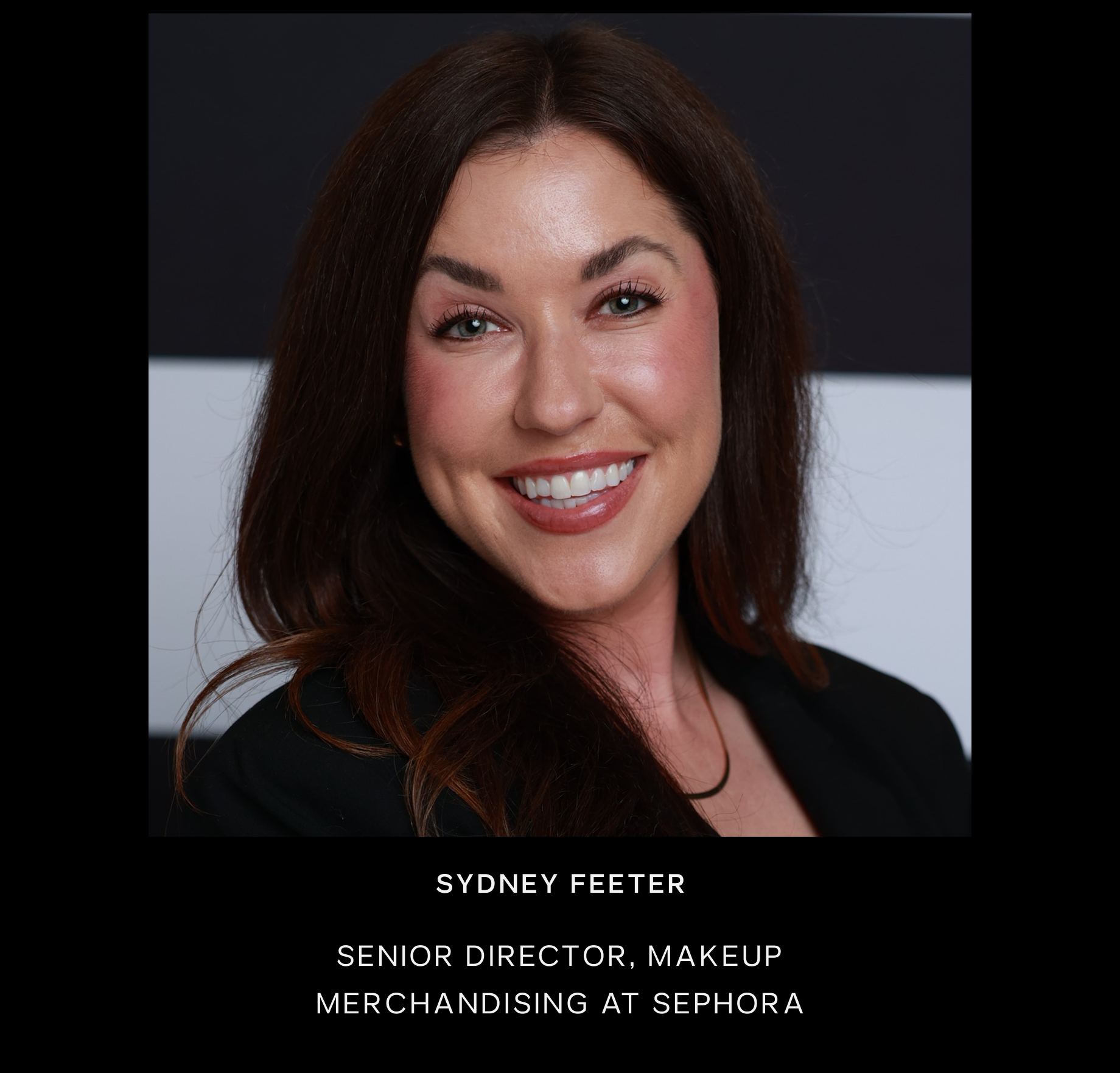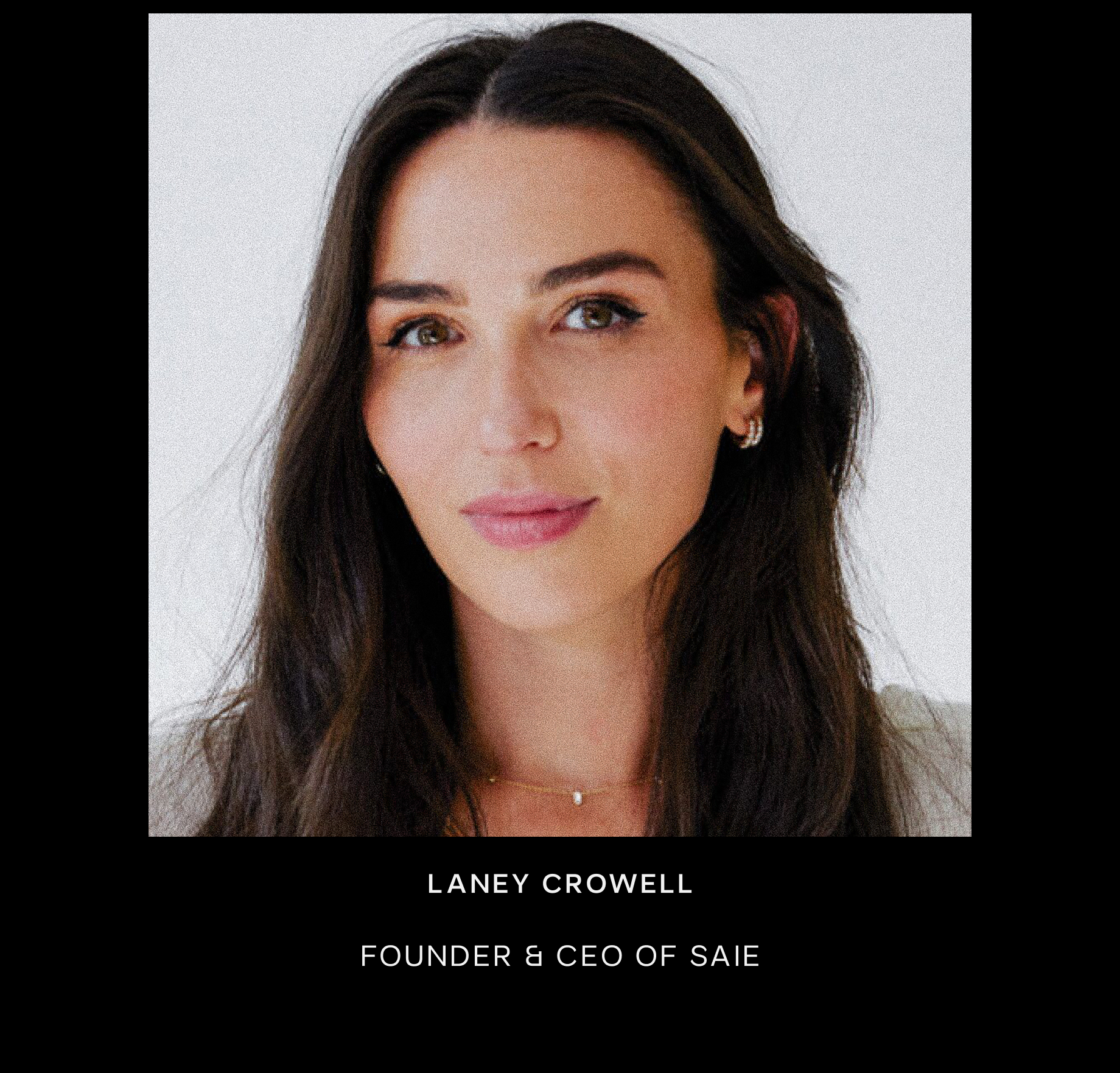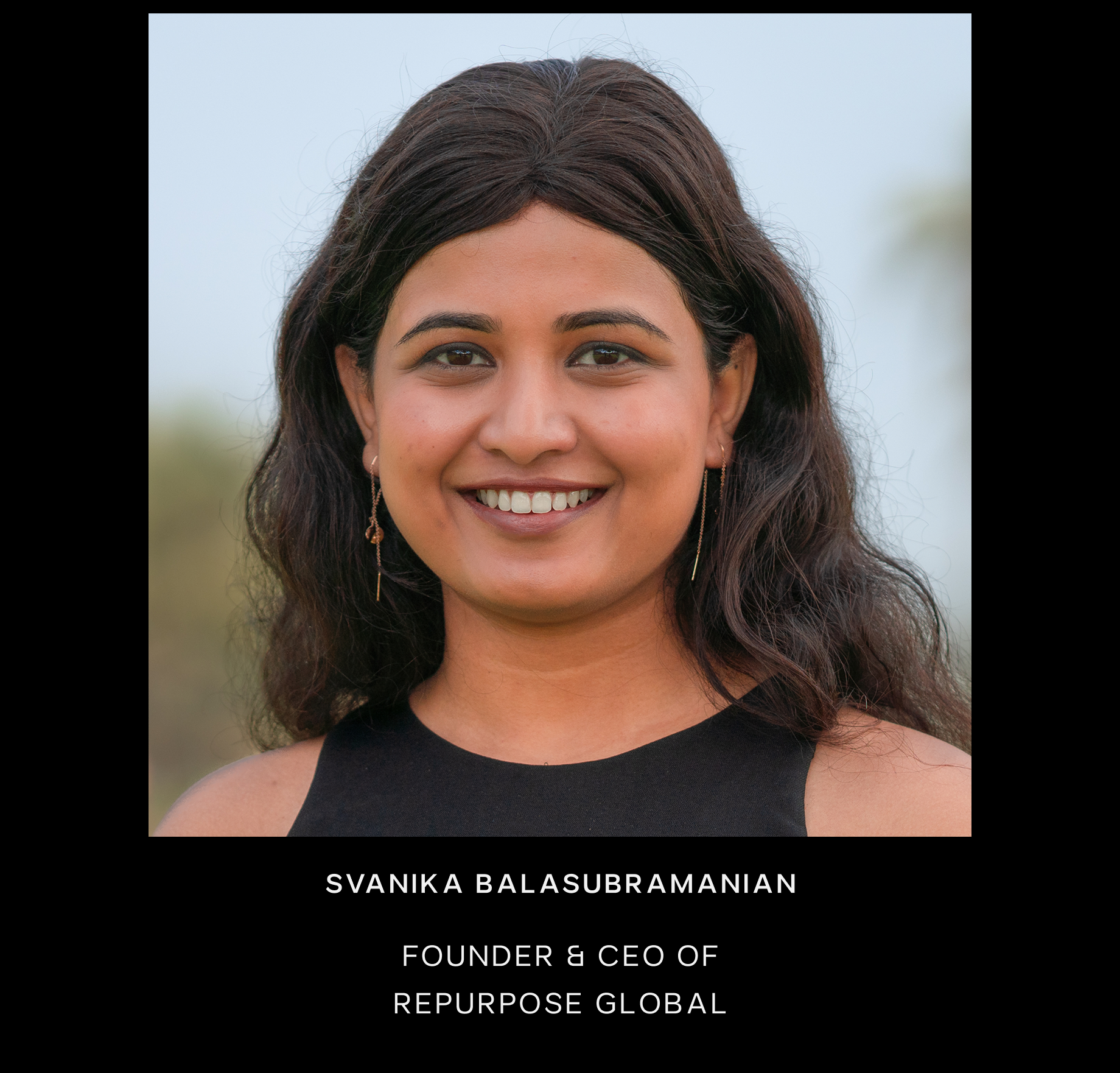Saie believes in creating positive change for people and the planet.
Our Commitment
“As a lifelong lover of Mother Nature, I believe it is our duty to be responsible for the impact we at Saie make on the planet. This unprecedented commitment is our way of taking action, because action is the only way to enact change. I know this is just the beginning, and I couldn’t be more excited to start this journey.”
- Laney, Founder & CEO
Clean The Planet
5 million pounds of plastic by 2027
We are committed to cleaning our planet of plastic waste through a three-year partnership with rePurpose Global. This initiative targets the impact of global plastic waste on communities while also investing in women's development and empowerment.

This effort will take place in
4 COUNTRIES,
ACROSS 5 COASTLINES
in India, Indonesia, Cameroon, and Colombia.
Recover and process 5 million pounds of global plastic waste before it enters our oceans and landfills.
Empower 2,000 women with increased incomes, health insurance, and more.
Provide 50,000 people with the dignity of access to formalized waste management services.
Convert hard-to-recycle plastics into new amenities like playgrounds, homes, and school supplies to revitalize communities.
The Why
SOURCES:
Pact Collective
United Nations
Zero Waste Week
-
Beauty packaging contributes 120 billion units of annual trash, with most landfilled, incinerated, or littered—and eventually polluting our oceans.
-
Plastic takes anywhere from 20 to 500 years to break down, often becoming microplastics that can persist in the environment, enter our bodies, and impact long-term health.
-
79% of all plastic ends up in landfills or as pollution.
REIMAGINED SUPPLY CHAIN
Require 40% of our suppliers to commit to science-based emissions reduction by the end of 2025, 75% by 2026, and 100% by 2027.
THE FUTURE OF PACKAGING
By 2027, ensure 100% of our packaging is either curbside recyclable, home compostable, or eligible for our take-back programs. We're increasing customer engagement with our Pact recycling program from 25% participation in 2025 to 100% by 2028.
TRANSFORM SHIPPING + TRANSPORTATION
Eliminate air freight entirely by 2029. Gather data and focus on upstream and downstream transportation and distribution, through limited express parcel shipping, supplier engagement, reducing airfreight, and continuing to collect data and calculate shipment emissions.
A CONSCIOUS WORKPLACE
We're making our workspaces greener by switching to LED lighting (which uses 80% less energy) and installing automatic lighting controls. We're also conducting waste audits to understand what we throw away and implementing better recycling and composting practices.
The Why
SOURCES:
United Nations
NASA Global Climate Change
NOAA Global Monitoring Laboratory, 2023
IPCC Sixth Assessment Report, 2021
-
To avoid the worst impacts of climate change, the U.N. states global CO2 emissions need to be reduced by almost half by 2030 and reach net-zero by 2050.
-
Atmospheric CO2 has increased ~ 100x faster in the last 60 years than previous natural increases.
-
From 1880 to 1981, global average temperatures increased by 0.08°C per decade. Between 1981 and now, this rate has more than doubled to 0.18°C per decade.
-
High-emissions projections suggest 3.3°-5.7°C warming above pre-industrial levels by 2100.
Invest in Women
WOMEN AS LEADERS OF CLIMATE ACTION.
The UN reports that women not only bear the brunt of climate change's global impacts but are also key drivers of sustainable purchasing and community-wide transformation. That’s why we’ve formed an all-women board of cross-industry experts, with diverse perspectives and proven leadership to help us meet our goals.
The Saie Climate Initiative empowers 2,000 women with increased incomes, social security, health insurance, and other initiatives for upward mobility.
The Why
SOURCES:
Global Alliance of Waste Pickers
United Nations
-
An estimated 4 out of 5 individuals displaced by the impacts of climate change are women and girls.
-
With less access to information, mobility, and resources in extreme natural disasters, women and children’s mortality rate is 14x higher than that of men.
-
Statistically, women reinvest up to 90% of their personal income back into their families and communities.
-
In wealthier societies, women drive 70-80% of all consumer purchasing decisions, leading the transition to more sustainable lifestyles.
2024 IMPACT REPORT
THE CLIMATE PLEDGE
SAIE BECOMES THE FIRST BEAUTY BRAND TO SIGN THE CLIMATE PLEDGE
Real change starts with bold, collective action. We are proud to be the first-ever beauty brand to sign The Climate Pledge and launch their beauty charter. Learn more about this global commitment to reach carbon net-zero in our Founder & CEO’s essay, ‘Why We Signed The Climate Pledge’.
Get Involved
Join our mission. Small actions together create great change.
Learn how rePurpose
is fighting for
a plastic-free future.
THE SAIE WAY: A CLIMATE DOCUSERIES
In this first-of-its-kind docuseries,
our team tours the country
to discover what being an ‘
Earth-minded’ brand really means.
Learn how to recycle your
beauty empties via our Pact
Collective partnership.
FAQ
-
What does this have to do with beauty?
This industry is in the business of celebrating beauty, but its environmental impact tells a different story. An estimated 120 billion units of packaging are produced annually by the beauty sector, much of it non-recyclable. This plastic tidal wave is overwhelming our planet: Marine life suffers as oceans fill with debris; landfills overflow; and harmful microplastics seep into our food chain and our bloodstream. It's time for radical change. We believe that true beauty should make the world more beautiful, not less. A sustainable beauty industry is no longer optional—it's imperative.
-
What is Net Zero? How is it different from carbon offsetting?
Carbon refers to carbon dioxide or CO2, a greenhouse gas, which is emitted into the atmosphere via company operations, production of goods, transportation, and more. This gas blankets the Earth, trapping the sun’s heat, creating a “greenhouse” effect that causes global climate temperatures to increase.
Carbon offsetting refers to the process of compensating for CO2 emissions by funding projects that reduce or remove carbon from the atmosphere, also known as “carbon sequestration projects.” Saie has offset all of its CO2 emissions since 2019 by funding carbon sequestration projects such as the Manantiales Behr Wind Farm and Agrocortex REDD+ Amazon forest conservation.
Net Zero refers to the process of reducing and offsetting CO2 emissions to a net zero by both direct and indirect sources via calculating our carbon footprint, setting reduction targets, reducing emissions, offsetting remaining emissions, and continuous monitoring and reporting.
-
Why is it going to take so long?
This date reflects both our ambition and commitment to lasting, truly sustainable change. We cannot cut corners: our 2039 target allows for a timeline of meeting measurable goals that allow for long-term impact. In line with the Paris Agreement, most organizations aim to achieve net-zero emissions by 2050—our 2039 target pushes us to go further, leading by example to show that the beauty industry can be at the forefront of environmental stewardship. It's an ongoing journey, and we're committed to every step.
-
Why did we choose rePurpose as our partner?
rePurpose Global is the world’s leading Plastic Action Platform, bringing together brands, consumers, innovators, and policymakers to collectively combat the plastic waste crisis.
Since 2019, Saie has partnered with rePurpose to achieve plastic negative certification by collecting 2x the amount of plastic generated in our production process.
rePurpose’s mission aligns with Saie's commitment to creating positive change for our communities and our shared planet by combating the global plastic waste crisis through the recovery and repurposing of plastic in communities most affected by landfills. Simultaneously, rePurpose empowers women in these vulnerable communities by providing dignified jobs, housing, and tools for a better life.





